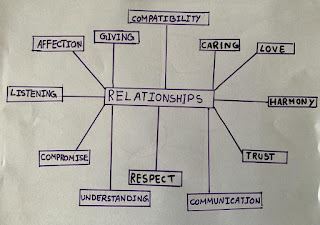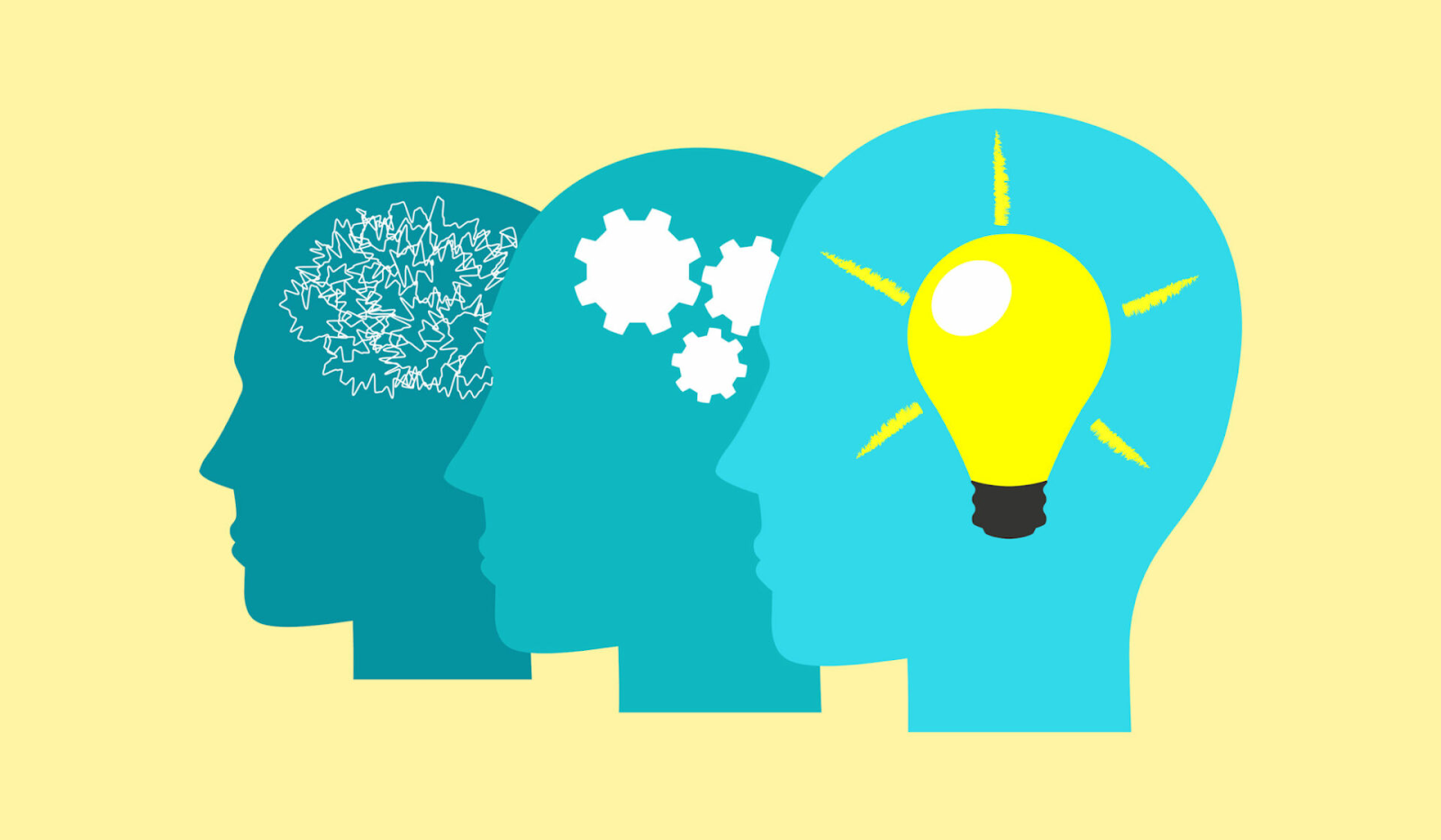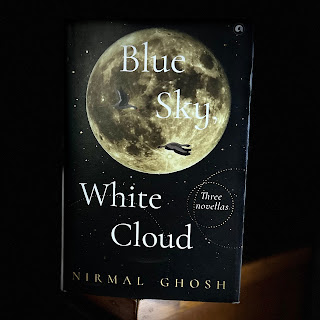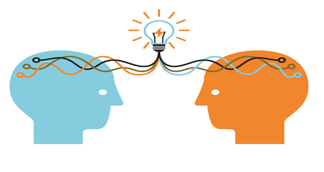Jai Hind, dear readers
Today’s Good School Alliance session, conducted by Jugjiv Sir and Manisha Ma’am, was truly enlightening and inspiring. Jugjiv Sir read and explained the story “The Door-to-Door Bookstore” in a very expressive and engaging manner. The story beautifully conveyed the power of reading and how books can shape our imagination and personality.
The story revolves around Carl Konrad Koreander, a passionate bookstore owner, whose shop is filled with rare and magical books. One day, a young boy named Bastian visits his store and discovers that books are not just pages with words, but gateways to imagination, wisdom, and self-discovery. Through their interaction, the story highlights how reading can open our minds, deepen our understanding, and make us see the world differently.
Throughout the session, Sir guided us in learning the correct pronunciation and meanings of several difficult words. This helped improve our reading fluency and vocabulary. The interactive discussion and thoughtful questions encouraged us to think critically and share our interpretations, which made the session both educational and enjoyable.
From this experience, I understood that regular reading not only enhances our language skills but also strengthens our concentration, creativity, and empathy. Books truly are our best companions, helping us learn, grow, and dream beyond boundaries.
In conclusion, today’s session was deeply motivating, informative, and memorable. It has inspired me to make reading a daily habit and to explore more meaningful stories that enrich both mind and heart.
Aayush Kumar Singh
Class 10
Reflection on today's session✨
Today's session was very inspiring and knowledgeable for everyone. In the first session, Jugiv Singh sir had read a book named "The Book To Book Store" in which we have learnt a lot of new words, and also this improved my vocabulary and some English.
In the second session we were having Manisha Khanna ma'am who told us about the "Ruskin Bond" story and the story name was "char pankhudiyan" and also at the beginning of the story we played a short quiz about Ruskin Bond in the quiz she asked us some unique things about Ruskin Bond life and asked the questions related to that and the story was about four friends. At last, Sandeep sir told us very nice and good things, and also motivated us to move forward in our lives. I am really thankful to have this opportunity to have such a great platform for learning new things, to have motivation from all the members of My Good School 🌺.
I thank Sandeep sir, Jugiv sir and Manisha ma'am for taking today's great session
Both sessions were truly amazing
Thank you 😊
Talat Bano 5C
Sunbeam Ballia
Today’s Good School Session✨
Today's session was truly inspiring and informative. In the first session with Jugjiv Sir, we learned how to pronounce words correctly and use punctuation marks effectively through reading reflections and the book “The Door to Door Bookstore.” This activity significantly improved my vocabulary and communication skills.
The second session with Manisha Ma’am was equally enriching. She read us the story “चार पंखुड़ियां” (Four Petals) written by Ruskin Bond. The story revolved around four friends who were mistaken for kidnappers while trying to care for a small child. We also enjoyed an engaging quiz that deepened our understanding of Ruskin Bond’s works. The session was truly interactive and fun.
One key takeaway that resonated with me was the importance of avoiding impulsive decisions, especially when we are emotional. This valuable lesson has left a lasting impact, and I’m truly grateful for the opportunity to learn.🌸
Thank you, Manisha Ma’am and Jugjiv Sir, for such a thought-provoking session.💫
— Ifra Wahid
Class IX F
Today’s Good School Alliance Session✨
Today's Good School Alliance session was truly phenomenal and left an indelible mark on my learning journey. I would like to extend my heartfelt gratitude to Jugjiv Sir for his engaging and thought-provoking presentation.
The story he shared was captivating, and the interactive discussion that followed was incredibly enriching. It not only enhanced my comprehension skills but also encouraged me to think critically and express my thoughts confidently.
What struck me most was the emphasis on the importance of regular reading in improving our reading skills and vocabulary. The session was a perfect blend of learning and fun, and I’m grateful for the opportunity to be part of it.
I’m excited to include reading in my daily routine and look forward to more such sessions that foster growth and development. Thank you to our facilitators for an unforgettable experience! 🌟
— Iqra Meraj
Class IX F
Today’s Good School Alliance Session
Today’s Good School Alliance session, conducted by Jugjiv Sir and Manisha Ma’am, was truly inspiring and engaging. They read a beautiful story, and we listened attentively. Afterwards, they asked us some thought-provoking questions that encouraged everyone to share their ideas and perspectives.
This activity helped me understand the story more deeply. While listening, I paid close attention to their pronunciation, which helped me improve my own reading and speaking fluency. I also realized how regular reading can strengthen our vocabulary and overall language skills.
Thank you, Ma’am and Sir, for such a wonderful and enriching session! 🌸
— Aarav
Class V A





















